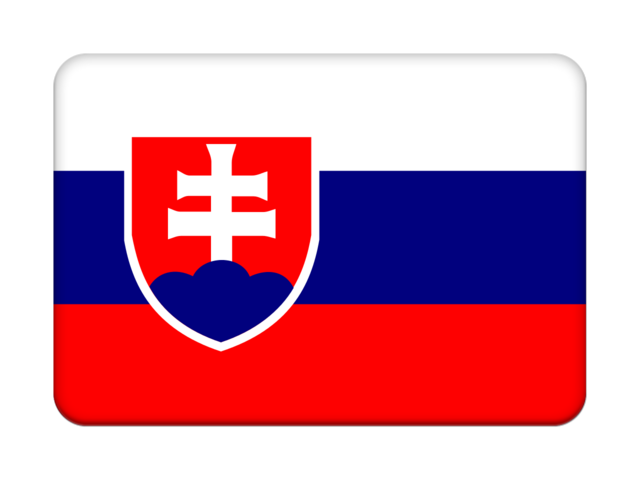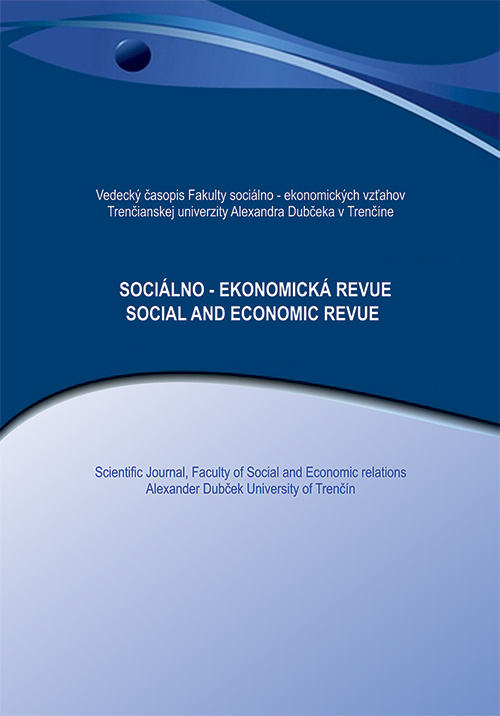BASIC THEORIES OF MOTIVATION IN SLOVAC POLICE FORCE AND THEIR APPLICATION IN PRACTICE
The seminar work deals with the motivation of the civilian population to enter the components of the Police Force of the Slovak Republic. Another component is the motivation of the members of the church to pursue their profession and all motivating means acting on their primary decision-making. As police officers "on the street" are faced with the greatest strides, in terms of first contact with the citizen, it is important to direct and motivate them to right direction towards the achievement of common goals. An analysis of the current existing motivation system will bring the model of improvement to a more efficient use of available proven methods to encourage higher professional engagement. The dynamically changing society changes the perception of newly-conceived as well as permanent members of the church. Standard forms of motivation lose their effectivity and lead to apathy and possible work stagnation. On the basis of analyzes of the current models of motivation and methods of management of members of the Police Force SR, optimization has been determined and further applied to an armed state component whose functioning requires a special approach.
Release: 2018/4 Pages: 71-78 JEL classification: O15, J88, J79
DOI:
Keywords: budget, crisis, expenditure, management, Police corp SR
Section: SOCIAL CONTEXT OF THE ECONOMY, LABOR MARKET AND HUMAN RESOURCES DEVELOPMENT
Contacts:
Ľubomíra Strážovská, doc.,Ing., Mgr., PhD.
Marcel Ďuriš, Ing.,MBA
Richard Heligman, Mgr.
Marketing Department, Faculty of Management,
Comenius University in Bratislava
Odbojárov 10,820 05, Bratislava 25,
Slovenská Republika,
e-mail: lubomira.strazovska@fm.uniba.sk
Literature:
Act no. 73/1998 Coll - The Act on the Civil Service of the Police Corps, the Slovak Information Service, the Prison and Judicial Guards of the Slovak Republic and the Railway Police
Búgelová, T. (2009). Motivačné a demotivačné prvky v komunikácii. In Personálny manažment nielen pre personalistov. Bratislava: Iura Edition, 119-122.
Gregušová, D. et al. (2016) Execution of the public authorities´ competencies electronically in the Slovak republic. SGEM 2016: International Multidisciplinary Conference on Social Sciences and Arts. Sofia: STEF92 Technology, s. 611-618
Kachaňáková, A. et al. (2008). Personálny manažment. Bratislava: Iura Edition, 235.
Kočišová, L. et al. (2017). Importance of the e-government act and its impact on the management and economy of the enterprise in the Slovakia. In: Management and economics in manufacturing. Zvolen: Technical University in Zvolen, s. 90-96
Mittelman, A. et al. (2015). The legal regulation of television and radio broadcasting content and the control of administrative bodies with the particular reference to the protection of juveniles. SGEM conference on arts, performing arts, architecture and design. Sofia: STEF92 Technology, s. 745-752.
Mucha B. et al. (2017). Selected issues of Slovak business environment. In: Economic and social development. Varazdin: Varazdin development and entrepreneurship agency, s. 254-259.
Mrva, M. et al. (2009). Legisvakancia v právnom poriadku Slovenskej republiky. Bratislava: Univerzita komenského v Bratislave, s. 46.
Nováčková D., Milošovičová P. (2011). Medzinárodné ekonomické právo. Bratislava: Eurounion, s. 12.
Peráček T. (2011). Spravodlivosť a spravodlivý prístup k informáciám. Bratislava: Univerzita Komenského v Bratislave, s. 21
Peráček T. (2014). K sociálno-etickým východiskám problematiky spravodlivosti. In: Den právní teorie. Brno: Masarykova univerzita, s. 17-28.
Pilková, A. et al. (2015). Komerčné, sociálne a inkluzívne podnikanie na Slovensku GEM Slovensko 2015. Bratislava: Univerzita Komenského v Bratislave, s. 242
Sedlák, M. (2001). Manažment. Bratislava: Iura Edition,
Srebalová, M. (2008). Rýchlosť správneho konania a nečinnosť správneho orgánu. Bratislava: Univerzita Komenského v Bratislave, s. 88
Treľová, S. et al. (2015). Pracovné právo pre manažérov. Bratislava: Univerzita Komenského v Bratislave, 26.
Vrabko, M. et al. (2012). Správne právo hmotné: všeobecná časť. Bratislava: C. H. BECK, s. 200
Vrabko, M. et al. (2013). Správne právo procesné : všeobecná časť. Bratislava: C. H. BECK, s. 67


